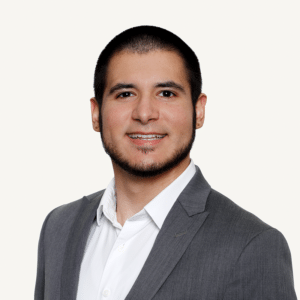Proactive substance use prevention, as opposed to reactive substance use treatment, can save families time, emotional stress, and energy. Research supports the notion that approaching difficult topics with children and teens non-confrontationally and with support as opposed to using intimidation and threats can be one of the most effective ways to prevent your child from engaging in substance use (White & Miller, 2007).
Here are five things you can do to help prevent drug use in your family:
1. Have Dinner As A Family
A considerable amount of research links rates of teen substance abuse to how often they eat dinner with their family on a weekly basis. Eating dinner five or more times a week as a family has been shown to significantly decrease the probability a teenager will engage in drug use (Eisenberg, Story, Neumark-Sztainer, & Fulkerson, 2008).
2. Have The “Drug Talk” Early On
Have a frank sit-down conversation with your child about drugs, opening that line of communication early on, preferably when your child is in 5th-6th grade. If your child is older than 10 or 11, don’t worry, your child is never too old for you to chat with them about the harmful effects of drug use. This is not the time to attempt to scare your child but rather to have a healthy dialogue and answer any questions they might have about drugs.
3. Create An Intervention Plan Proactively
Nobody wants to find out their teen is engaging in drug use, but what happens if they are? Create an intervention plan well in advance. Do some research on substance abuse counselors, therapists, and psychologists in your area who are affordable for your family and store their contact information, so you know whom to call if that day ever comes. Many families tend to spend a lot of valuable time doing this research after the fact, which can increase the amount of time it will take for your child to get help!
4. Lock Up Those Meds
One of the most common places teens get hold of drugs that are not prescribed to them is the medicine cabinet at home (Substance Abuse and Mental Health Services, 2016). Place your prescriptions drugs in a safe, secure place.
5. It’s You and Me, not You vs. Me!
Parents and teenagers often find themselves at odds with one another. Some of this is natural and expected. However, it is important for you to create a “we” culture as opposed to a “me” culture in your home. Always remind your child how much you care about them and show them that you will be there to support them in a healthy, loving way. Strong and positive family bonds are the greatest protective factor a child can have.
References
Eisenberg, M. E., Story, M., Neumark-Sztainer, D., & Fulkerson, J. A. (2008). Family meals and substance use: is there a long-term protective association? Journal of Adolescent Health, 151-156.
Substance Abuse and Mental Health Services. (2016). Key substance use and mental health indicators in the United States; Results from the 2016 National Survey on Drug Use and Health. Rockville, MD: Center for Behavioral Health Statistics and Quality, Substance Abuse and Mental Health Administration.
White, W. L., & Miller, W. R. (2007). The Use of Confrontation in Addiction Treatment History, Science, and Time for Change. Counselor, 12-30.
Xavier Barron is a Licensed Chemical Dependency Counselor Intern (Graduate), Certified Sex Addiction Therapist Candidate, and Internationally Certified Prevention Specialist. He is currently a Recovery Support Therapist and Business Development Manager for the Pathos mental health Intensive Outpatient Program at The Lovett Center. Read more about Xavier’s background here.
Illustration: Jorde Matthews










